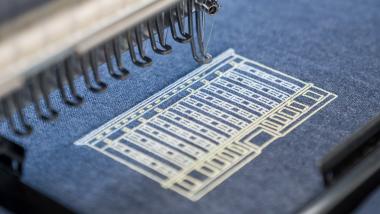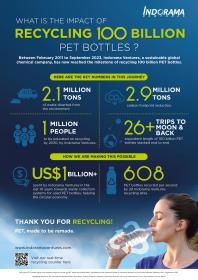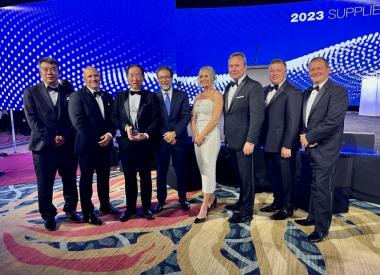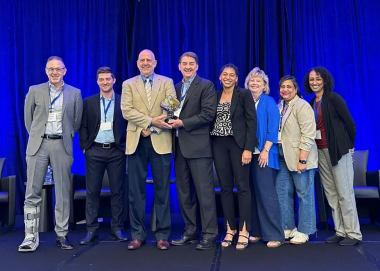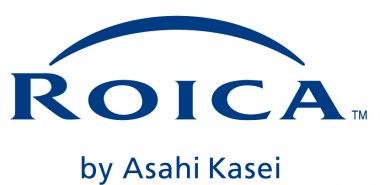Bangladesh Apparel Exchange and Fashion for Good promote Textile Circularity in Bangladesh
On December 7th and 8th, Bangladesh Apparel Exchange (BAE) in partnership with Fashion for Good, facilitated the “Chemical Recycling Technologies: Manufacturing Markets Gateway”, in Bangladesh. Fashion for Good, the Amsterdam based global platform for innovation, along with two disruptive technology start-ups focused on textile-to-textile chemical recycling, Circ and Infinited Fiber Company, were the key stakeholders in this initiative.
The two-day visit leveraged Bangladesh's status as a major garment production hub, exploring the potential of chemical recycling technologies to enhance environmental sustainability. Emphasizing the importance of circularity, the event aimed to spread awareness about current disruptive innovations that could transform the industry's approach to waste and resource management, setting an example for future sustainable practices. It focuses on integrating these technologies within the local manufacturing landscape, securing feedstock partnerships, and developing a value chain for recycled apparel materials.
Denim Asia Limited, Knit Asia Limited, Progress Apparels Limited, Ananta BD, Reverse Resources, and the Bangladesh Garment Manufacturers and Exporters Association (BGMEA) played pivotal roles in this initiative. Knit Asia Ltd, notably acclaimed for their commitment to sustainable practices, along with Denim Asia, associated with the sustainable brand Noize Jeans, showcased their commitment to sustainable manufacturing processes.
Progress Apparels Limited, a ready-made garment producer and part of PDS Limited demonstrated its advanced sustainable production facilities. Reverse Resources and the BGMEA hosted an intimate “Meet and Greet Networking Session”, to boost awareness about the technologies in the industry.
Mr. Mostafiz Uddin, Founder and CEO of Bangladesh Apparel Exchange, emphasized the significance of this event for the wider Bangladeshi textile industry, " Bangladesh has the biggest manufacturing sector in South Asia and this tour marks a critical step towards a circular fashion ecosystem, also how can the fashion industry become more sustainable in Bangladesh. It's not just an event; it's part of a larger movement to incorporate innovative recycling, Sustainable Fashion technologies and establish global partnerships for a sustainable fashion industry."
Featuring interactive sessions, factory visits, and knowledge sharing, this initiative offered a platform for fostering collaborations between manufacturers and technology innovators.
Bangladesh Apparel Exchange and Fashion for Good are optimistic about a future where Bangladesh leads in sustainable and circular apparel manufacturing.
Bangladesh Apparel Exchange











